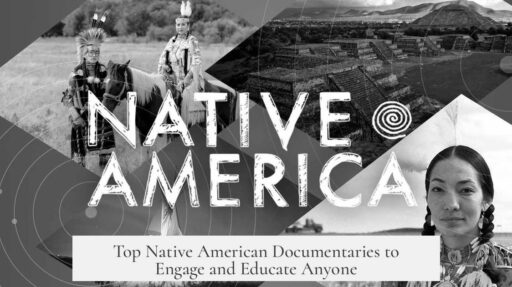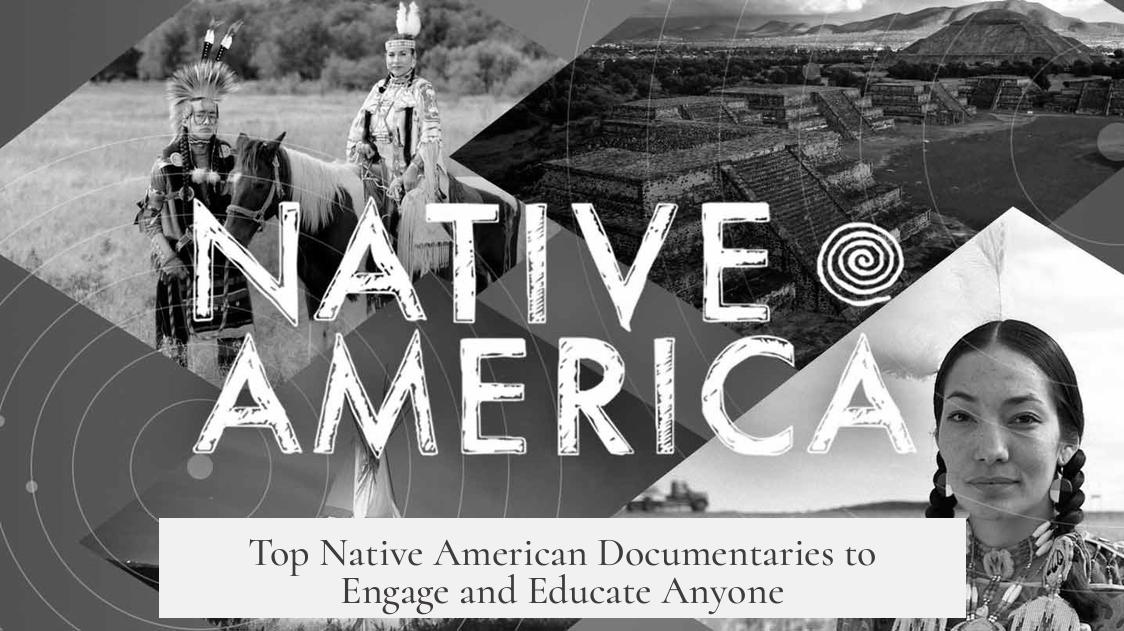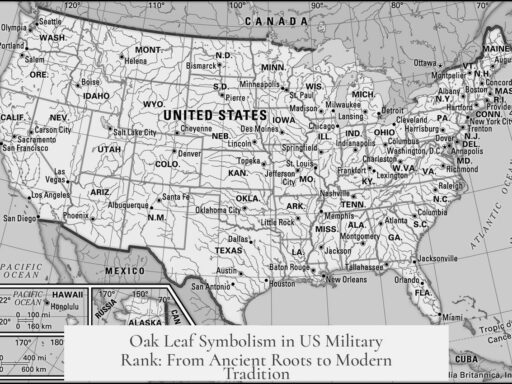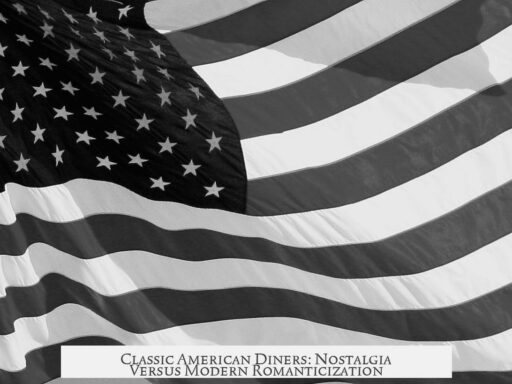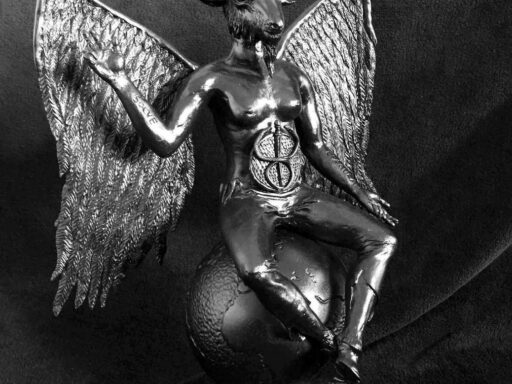Yes, several well-done and interesting Native American documentaries provide insightful and engaging perspectives on Indigenous histories, cultures, and issues. These films include educational and thought-provoking content suitable for diverse audiences.
For a broad selection, the National Film Board of Canada catalogue offers a rich collection of documentaries about Aboriginal, Indigenous, Métis, and Inuit peoples. Its films are distinguished for quality and cultural authenticity.
Specific documentaries recommended for educational use include:
- Reel Injun: This documentary explores how Indigenous North Americans have been portrayed in films. It critiques stereotypes and highlights the Red Power Movement. It is engaging and stimulates discussion on media representation.
- Our Spirits Don’t Speak English: Focuses on the history and impact of Native American boarding schools, shedding light on cultural assimilation efforts.
- The Thick Dark Fog: Another documentary tackling boarding school histories, emphasizing personal stories and cultural consequences.
- Native America (PBS series): A series that covers various Indigenous cultures across North America, bringing attention to their diversity and traditions.
- Tending the Wild (KVIE or PBS Southern California): This series consists of short videos inspired by M. Kat Anderson’s text, focusing on Native Californian cultures, ecological knowledge, and stewardship.
For those seeking more comprehensive documentaries that remain accessible, the following titles are highly regarded:
- 500 Nations: This documentary provides a sweeping yet digestible history of Native American peoples. It balances historical scope with clear storytelling. More information is available on IMDb.
- Ken Burns: The West: While broadly covering the American West, this series gives notable focus to American Indian experiences. It contextualizes Indigenous peoples in the larger narrative of U.S. western expansion. The series is accessible via PBS.
- We Shall Remain: Available through PBS American Experience, this documentary delves deeply into several key historical events from Native American perspectives. It challenges traditional historical narratives.
| Documentary Title | Focus/Topic | Source/Link |
|---|---|---|
| Reel Injun | Film depictions of Indigenous North Americans; Red Power Movement | — |
| Our Spirits Don’t Speak English | Native American boarding schools | — |
| The Thick Dark Fog | Native American boarding schools | — |
| Native America (PBS) | Series on Indigenous cultures across North America | — |
| Tending the Wild | Native Californian cultures; based on M. Kat Anderson’s text | KVIE or PBS Southern California |
| 500 Nations | Comprehensive yet accessible Native American history | IMDb |
| Ken Burns The West | American West history with Indigenous focus | PBS |
| We Shall Remain | In-depth Native American history and pivotal moments | PBS American Experience |
These documentaries provide valuable perspectives on Indigenous history, culture, and representation. They are useful for educational purposes and for anyone wishing to deepen their understanding. Diverse formats, from standalone films to series and short videos, allow varied learning experiences.
- National Film Board of Canada’s Indigenous catalogue offers extensive options.
- Reel Injun and Native America are engaging for discussions on culture and media.
- Boarding school-focused films reveal historical assimilation policies.
- Comprehensive series like 500 Nations and We Shall Remain provide detailed history.
- Ken Burns The West covers broader history with Indigenous perspectives.
Does anybody have any suggestions for well done and interesting Native American documentaries?
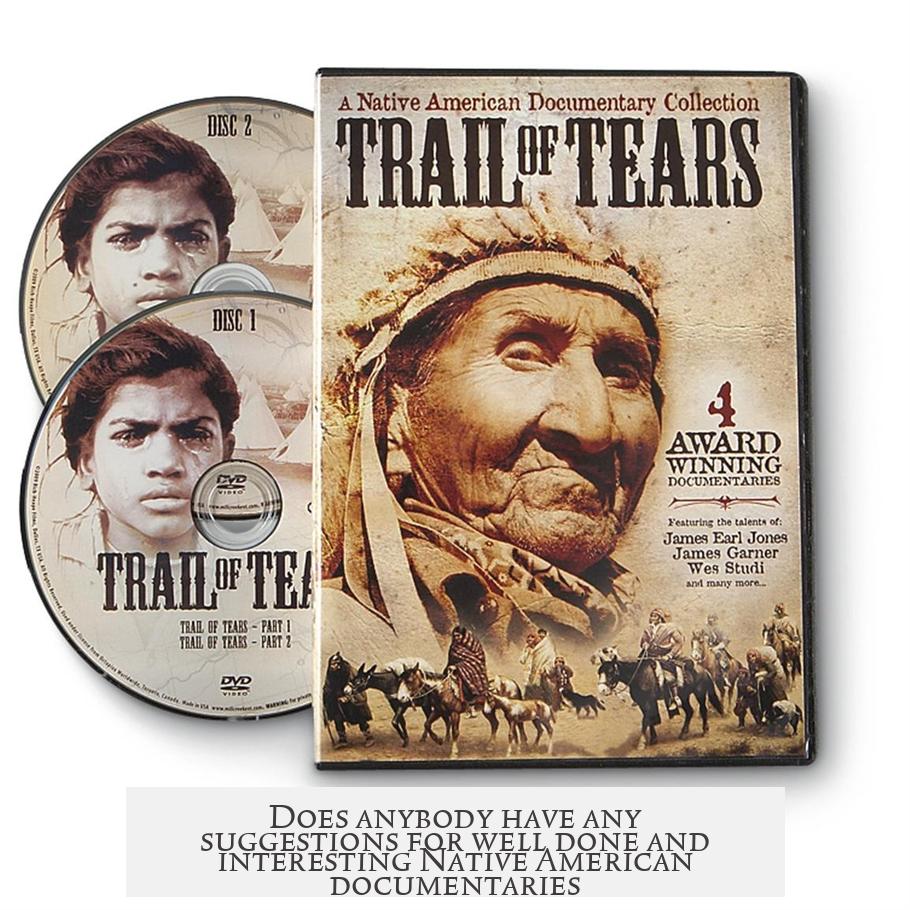
Absolutely, there are some fantastic Native American documentaries that combine rich storytelling, cultural authenticity, and educational value all in one binge-worthy package. Whether you want a deep dive into Indigenous history or a crisp overview of cultural struggles and triumphs, these films and series hit the mark.
Let’s break down what’s out there and why you might want to watch them. Grab some popcorn, settle in, and let’s explore some shining examples of Indigenous filmmaking.
Starting with a treasure trove from the National Film Board of Canada (NFB)
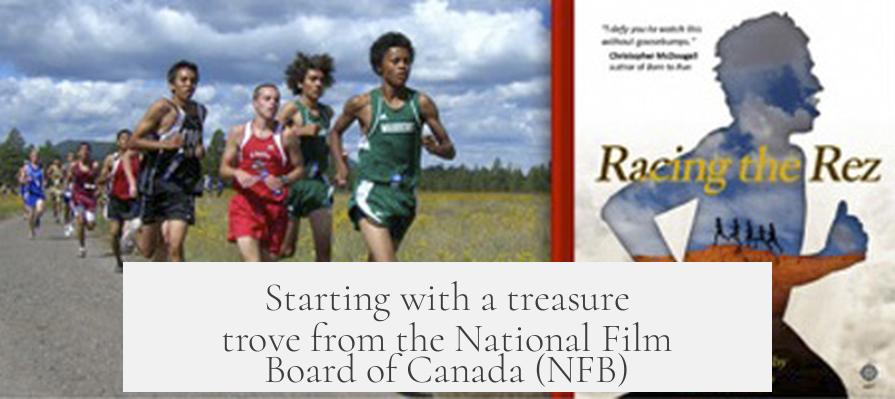
The NFB is like a secret library of Indigenous stories. They host a vast collection focused on Aboriginal, Métis, and Inuit peoples. Their work isn’t your typical documentary fare; it’s diverse, authentic, and often made by Indigenous filmmakers themselves.
Feeling overwhelmed by choices? Visit their catalogue directly at NFB Indigenous Peoples Collection. Here, you’ll find emotionally charged shorts, insightful features, and groundbreaking historical accounts that you won’t get elsewhere.
Documentaries that shine in classrooms (and make you think)
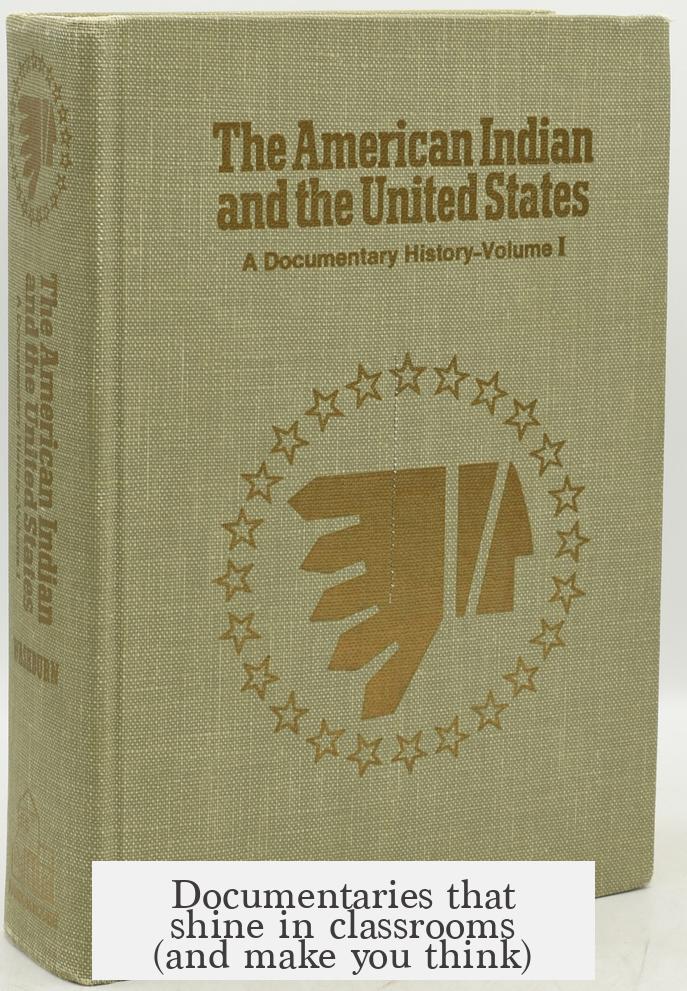
Educators swear by these select few, and they work perfectly for those curious about Indigenous experiences in a way that’s absorbing yet respectful of complexity.
- Reel Injun – A must-watch exploring how Indigenous people have been represented in films. It’s eye-opening, tracing stereotypes and shifting truths, while spotlighting the Red Power Movement. The kind of history lesson that’s way cooler than most.
- Our Spirits Don’t Speak English – This one tackles the tough topic of Native American boarding schools. It’s painful but important, unveiling stories often missing from mainstream history books.
- The Thick Dark Fog – Also about boarding schools, it lays bare the lasting effects on Native identities and communities. Hard to watch in parts but crucial for understanding.
- Native America (PBS Series) – If you’re after broad cultural perspectives, this series surveys various Indigenous groups across North America. It combines breathtaking visuals with rich historical context.
- Tending the Wild – A series of shorts based on M. Kat Anderson’s work. It focuses on Native Californian cultures and their traditional environmental knowledge—a refreshing perspective on nature and stewardship.
Looking for comprehensive, accessible histories?
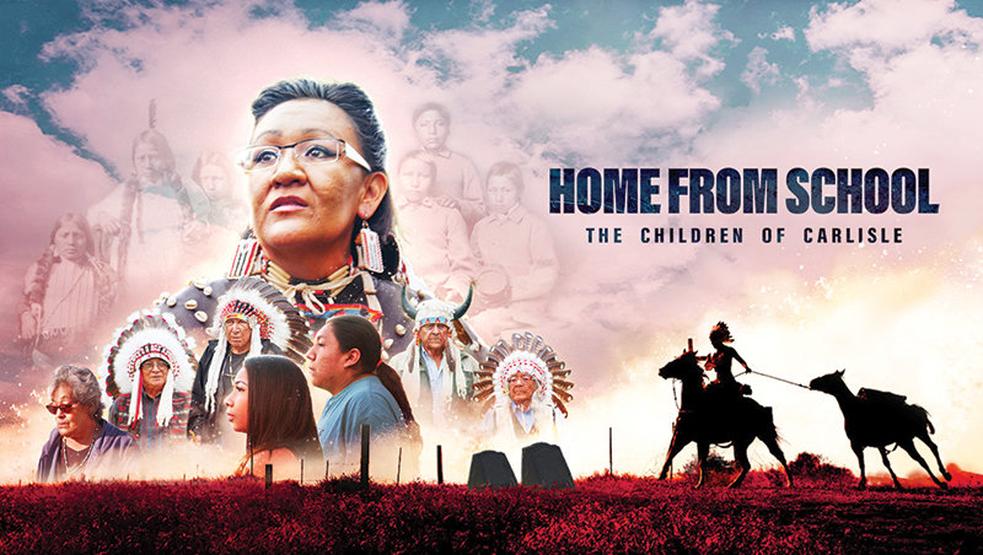
Some documentaries manage to cover a lot of ground without drowning viewers in details—perfect if you want to understand the big picture without feeling like you’re back in a dense history lecture.
- 500 Nations (available info at IMDb) – This series offers a sweeping overview of Native American history. It’s both thorough and engaging, making it easy to follow while packed with insight.
- Ken Burns The West – While this isn’t 100% about Indigenous people, Ken Burns’ storytelling weaves their experiences into the larger story of the American West. It’s a classic, and Burns never disappoints in quality.
- We Shall Remain (watch here: PBS) – This one zooms in on key moments in Native American history. Think of it as spotlighting historical turning points that shaped Indigenous lives and resistance.
Why these documentaries matter beyond entertainment
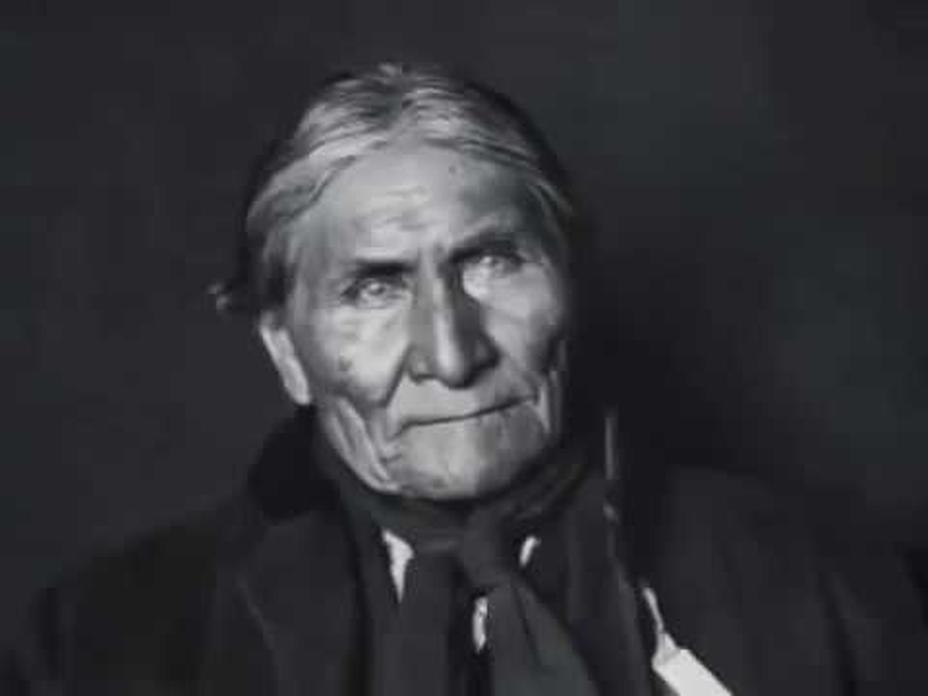
Feeling connected to history and culture is often about story. These films break through typical narratives and challenge us to think deep. They offer perspective, bring Indigenous voices front and center, and foster empathy.
Take Reel Injun, for example. Most people don’t think about how Hollywood shaped their misconceptions about Native Americans. Watching this documentary uncovers those layers with humor and honesty.
And documentaries on boarding schools, like Our Spirits Don’t Speak English, deliver chilling truths. They reveal how policies tried to erase Indigenous cultures and languages. Learning about this history can be emotionally jarring but necessary for true understanding.
Looking for actionable tips? How to watch with impact
- **Combine these documentaries with reading:** Try pairing Tending the Wild with M. Kat Anderson’s book for a fuller experience.
- **Discuss** what you watch with others. Conversations help unpack tough subjects and correct misinformation.
- **Share resources**—the NFB’s Indigenous catalogue is free and public. Perfect for educators, students, or anyone hungry for authentic content.
- **Watch thoughtfully**. Some films deal with trauma and difficult histories. Be prepared emotionally and give yourself space afterward.
Final Thoughts
Are you craving Native American documentaries that are both well done and interesting? You’ve got great options. From the extensive National Film Board of Canada’s archives to award-winning PBS productions, there’s something to spark curiosity and deepen knowledge.
Knowing where to start—whether with detailed overviews like 500 Nations or culturally focused shorts like Tending the Wild—makes all the difference. These documentaries don’t just inform; they invite you into Indigenous worlds, stories, and perspectives often sidelined in mainstream media.
So, next time someone asks, “Does anybody have any suggestions for well done and interesting Native American documentaries?” now you know where to point them. Which one will you watch first?
What are some well-known Native American documentaries that explore history and culture?
Documentaries like “500 Nations,” “We Shall Remain,” and “Native America (PBS)” provide deep insights into Native American history and cultures across North America. They cover broad and specific topics.
Which films focus on Native American boarding schools?
“Our Spirits Don’t Speak English” and “The Thick Dark Fog” both examine the history and impact of Native American boarding schools with thoughtful perspectives.
Where can I find a reliable collection of Indigenous documentaries?
The National Film Board of Canada offers a large catalogue of films on Indigenous peoples, including First Nations, Métis, and Inuit. Their collection is easy to access online.
Are there any Native American documentaries suitable for classroom use?
Yes. Titles like “Reel Injun,” which addresses film depictions and the Red Power Movement, and short series like “Tending the Wild” are engaging and work well for educational settings.
Which documentaries offer a balanced view of Native American history without being too dense?
“500 Nations” and Ken Burns’ “The West” series present detailed but accessible narratives. While “The West” is broader, it includes important Indigenous perspectives.
